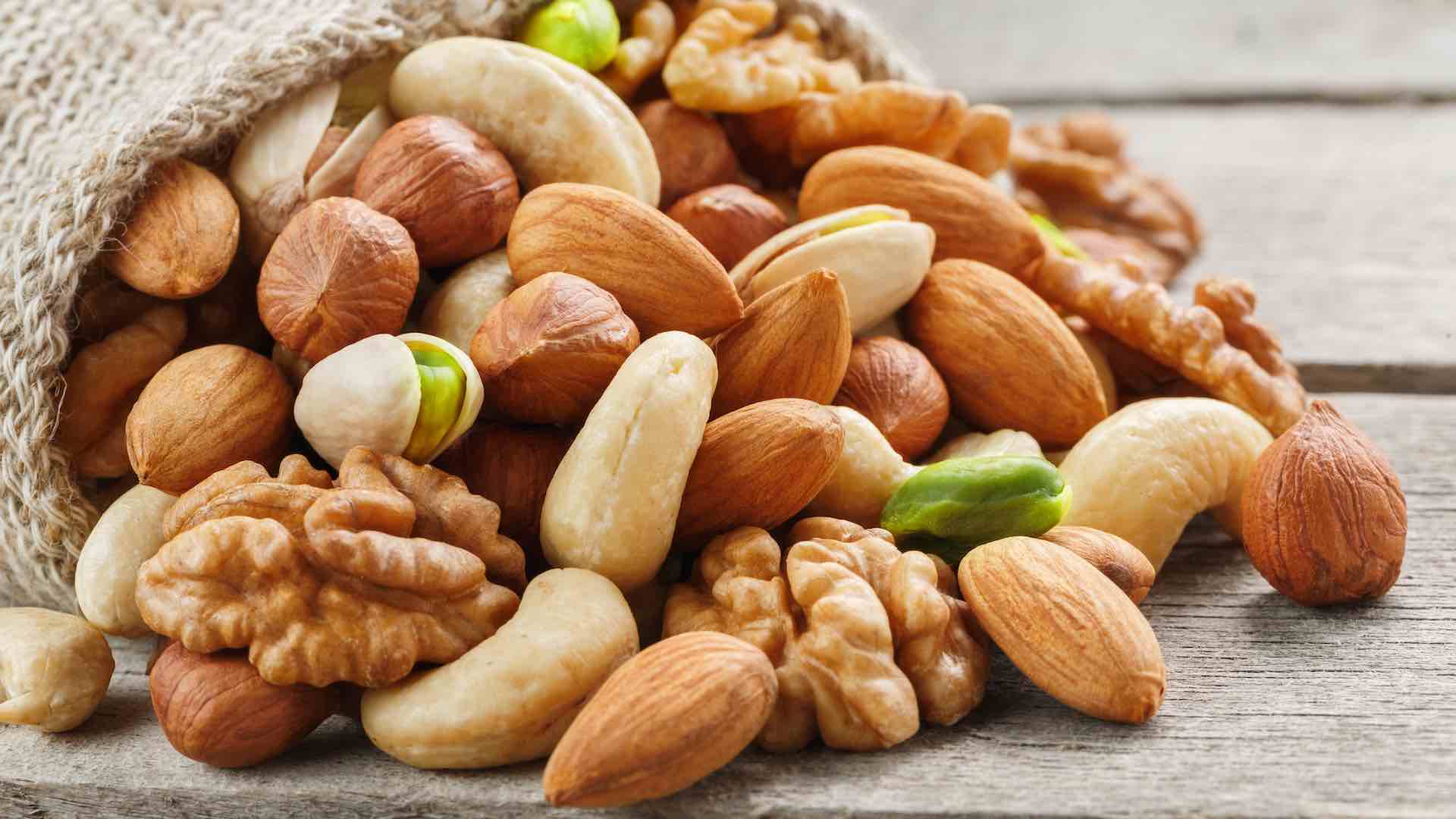Lifestyle tweaks and supplements key in colon cancer prevention
Cases of colon cancer are on the rise among younger demographics, posing a significant health concern. With the disease now being the leading cause of cancer-related deaths in men under 50 and the second deadliest for women in the same age group, there’s a pressing need for preventative measures and lifestyle adjustments. Dr. Michael Shusterman, a gastrointestinal oncologist at NYU Langone’s Perlmutter Cancer Center on Long Island, has identified three simple strategies to mitigate the risk of colon cancer.

Despite the complexities surrounding the recent surge in cases, Shusterman emphasizes the influence of lifestyle choices in either exacerbating or reducing the likelihood of developing the disease. Firstly, Shusterman advocates for a reduction in red meat consumption. Highlighting the established correlation between colon cancer and diets rich in red meat products, including beef, pork, and deli meats, he underlines the importance of moderation.
By limiting his own intake of red meat, Shusterman demonstrates a practical approach to dietary modification, opting for alternatives like chicken or fish. Secondly, Shusterman incorporates tree nuts into his daily diet, despite mixed evidence regarding their efficacy in preventing colon cancer. While studies offer contradictory findings, Shusterman views the potential benefits as significant enough to warrant their inclusion.
Though not a definitive solution, the incorporation of tree nuts represents a proactive step towards reducing risk. Lastly, Shusterman supplements his daily routine with vitamin D, citing research suggesting a correlation between adequate vitamin D levels and a decreased risk of colon cancer. Despite the variability in study outcomes, Shusterman views maintaining optimal vitamin D levels as a low-risk strategy with potential ancillary benefits.
Shusterman’s approach underscores the challenges of implementing significant lifestyle changes, particularly for individuals with demanding schedules. By prioritizing incremental adjustments over drastic overhauls, Shusterman sets a pragmatic example for patients grappling with similar challenges. As the prevalence of colon cancer continues to escalate among younger demographics, Shusterman’s insights offer a beacon of hope. While the exact drivers behind the surge in cases remain elusive, proactive measures such as those advocated by Shusterman provide a tangible means of combating the disease.
Through a multifaceted approach encompassing dietary modifications, targeted supplementation, and lifestyle adjustments, individuals can proactively fortify themselves in the ongoing battle against colon cancer. By conscientiously adopting these measures, individuals not only enhance their physical well-being but also cultivate a sense of empowerment and agency in managing their health outcomes.
